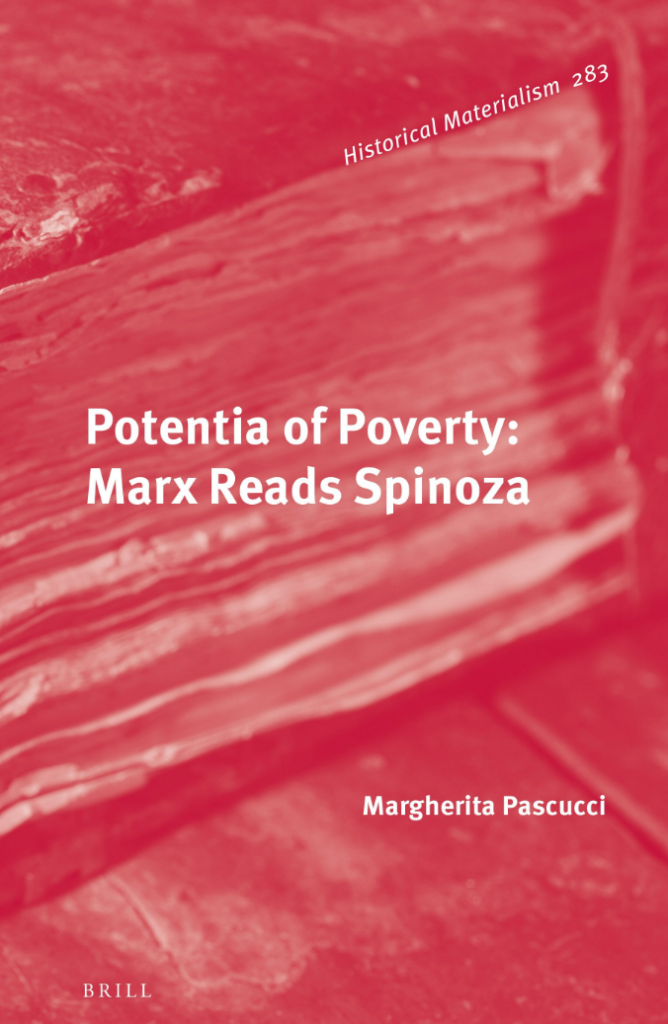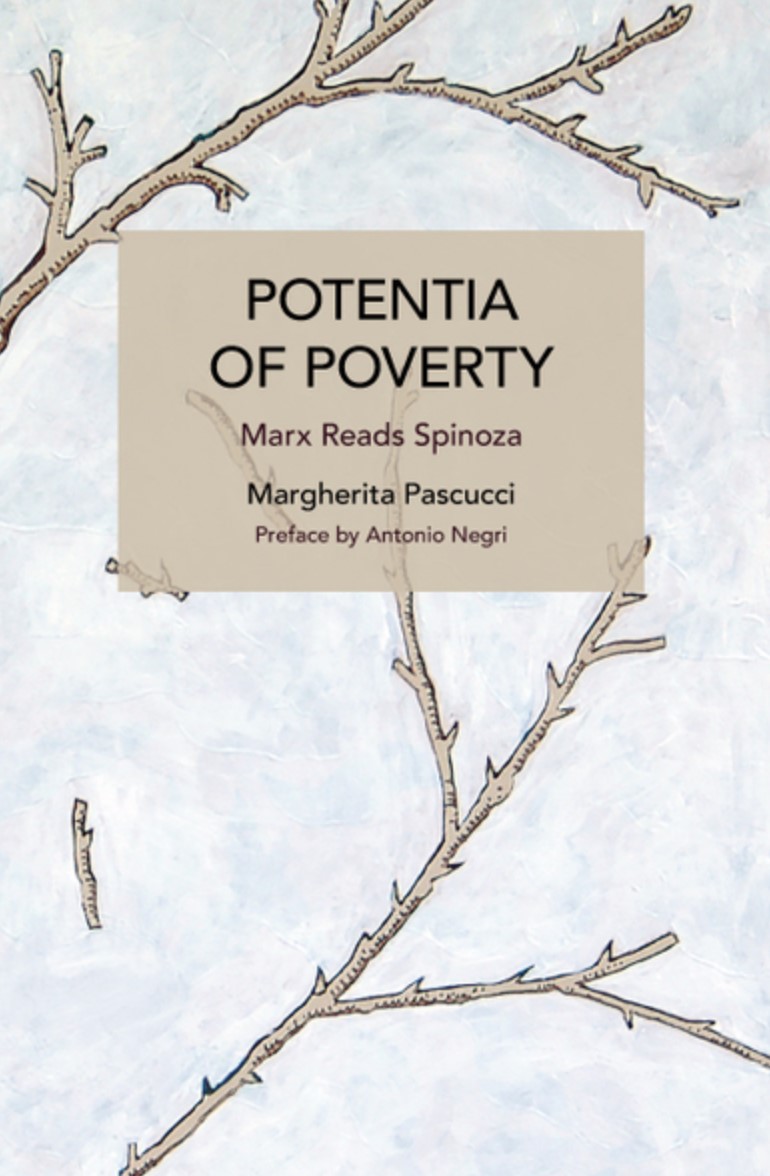Margherita Pascucci
Biographical Note
Readership
Continental Philosophers, Marxist thinkers, critical thinking scholars, students of philosophy, critical theory and social movements
Table of Contents
Preface to the Italian Edition by Antonio Negri
Author’s Preface to the English Edition
Introduction
1 Self-Cause and Cause through an Other [causa sui-causa ab alio]
1.1 Value and Common Notions
1.2 The Definition of Value and of the Character of Form-Equivalent
1.3 Common Notions as ‘koinai ennoiai’
1.4 How Are Common Notions Linked to Affects?
2 Marx’s Notebook on Spinoza: Imagination and Revolutionary Praxis
2.1 Theological-Political Treatise
2.2 Imagination
2.3 Berlin 1841: Letters: umwälzende Praxis [Revolutionary Praxis]
3 The ‘potentia’ of Poverty: For an Economy of Joy
3.1 Atom of Virtuality and the Anticipatory Abstraction
3.2 The Establishment of a-Conceptual Relations
3.3 The Virtuality of History
3.4 Excursus on the ‘potentia’ (Ontological) and How This Defines Poverty
3.5 How the dunamis-Virtue Is the Spinozan potentia
3.6 The Virtuality of Our Time
3.7 Potentia and Dismeasure
4 The Production of Subjectivity: Labour, Poverty and the Free Man: Or, the ‘potentia’ of Labour
4.1 The Virtuality of Subjectivity
4.2 On Labour and Poverty
4.3 Potentia and the Intensive
4.4 The Plus of Being
Selected Bibliography
Index


